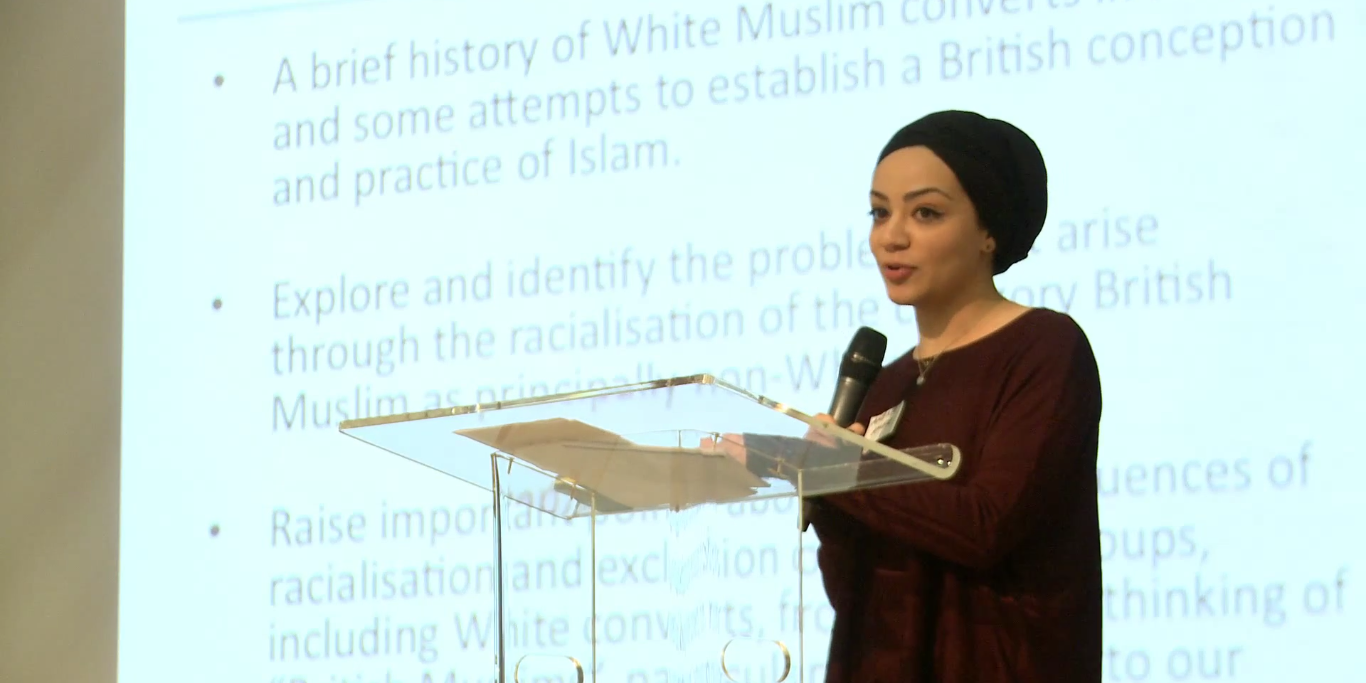Adding to the growing numbers of DSP MSc student publications in high impact journals, Mihoko Yotsui, who graduated with an MSc in Health, Community and Development in 2012/13 has just had her dissertation published in AGEING AND SOCIETY (Cambridge University Press, Impact Factor 1.3).
Miho’s paper explores the way in which social participation by elder people advanced the wellbeing of their peers who had been displaced by the Great East Japan Earthquake of 2011. Many elderly people lost all their material possessions and were moved from their devastated home communities to temporary housing. In such disaster settings the formation of supportive community environments are integral to achieving resilience to the physical and mental problems associated with lack of social interaction, particularly with medical resources being severely overstretched.
In Minamisanriku, where Miho conducted her research, 65% of the population continued to live in temporary housing by 2013, with a third including people over 65 years of age. The government, who had anticipated a large number of lonely and displaced older people following the 2011 disaster, prioritised efforts to build sustainable systems where older people worked together to rebuild supportive communities. It achieved this through a disaster response model consisting of three layers: (1) 100 community supporters in the base layer; (2) qualified employees such as nurses in the middle layer; and (3) township government at the top layer.
Miho’s study investigated the effectiveness of this programme through 17 semi-structured interviews with 14 community workers and three members of the Minamisanriku Council of Social Welfare. Thematic analysis showed that the success of this peer to peer support was heavily influenced by strong bridges between volunteers in the temporary community, and the government support staff and infrastructure that promoted and supported their work. Such support networks enabled isolated and homebound peers to gain access to social support, reconstruct their social identities positively and deal with the shock of displacement and losing possessions.
With growing attention on how best to enable the wellbeing of older people, Miho’s study highlights how strong and empowering relationships amongst older people can be facilitated by an active government-funded support agency that is immediately responsive to the needs and deeply respectful of the world-views of vulnerable groups. The findings of the paper shed light on an extremely important issue related to the consequences of disaster settings, particularly given the recent earthquakes experienced in Nepal. To date there has been little research on the psychosocial impacts of elder populations in communities which experience dissolution and the shock of displacement following disasters, which is why Miho’s study represents an important contribution to this research gap.
To view Miho’s paper follow the link here: http://jnls.cup.org/abstract.do?componentId=9696829&jid=ASO&iid=#.VVF7olhdbCQ






